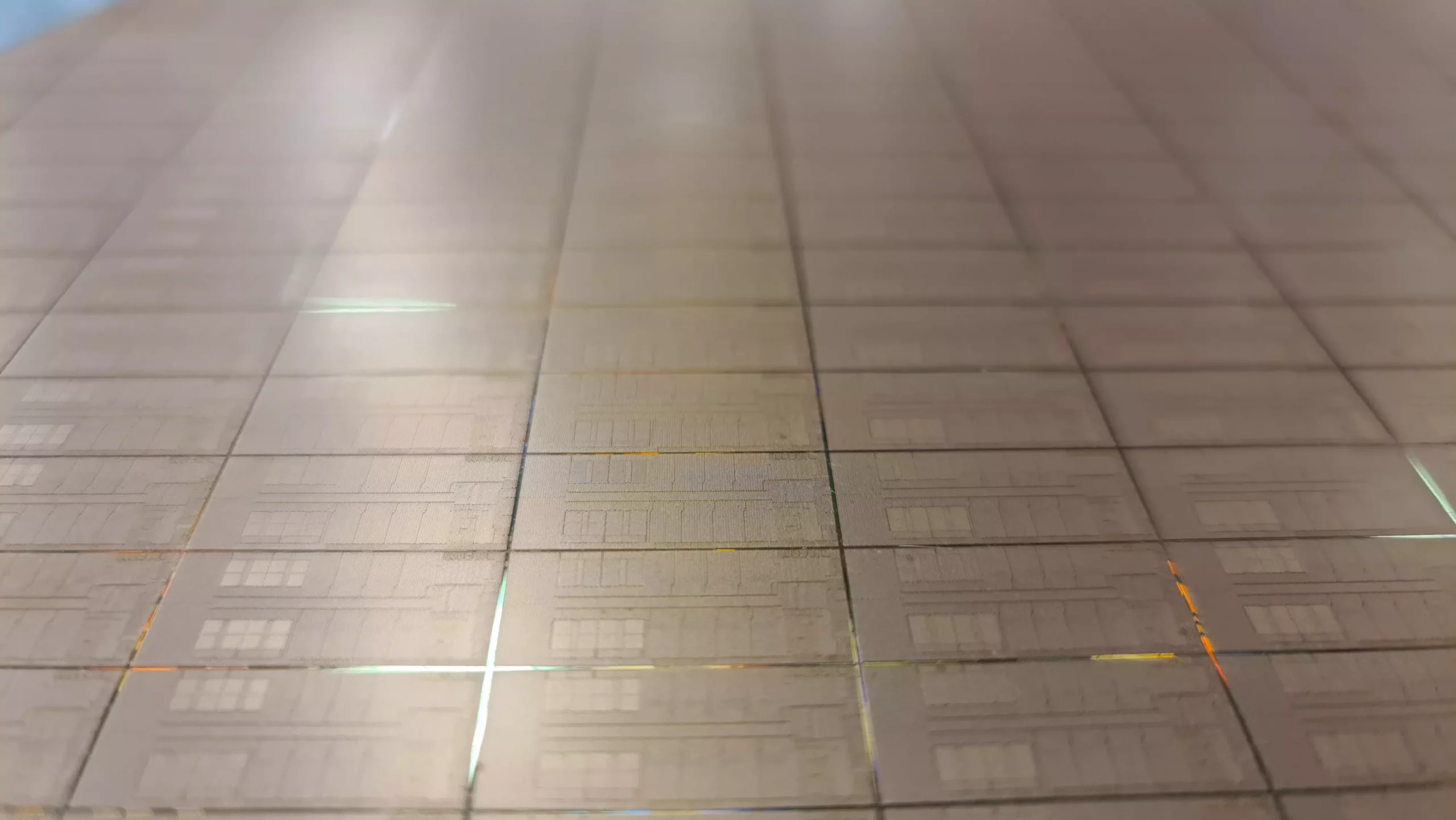In a bold corporate maneuver, Intel has opted to divest a significant 51% of its ownership in Altera, a semiconductor company that specializes in programmable logic devices. This strategic decision marks a pivotal evolution in both companies’ trajectories. Prior to Intel’s acquisition of Altera in 2015 for a staggering $16.7 billion, the two entities were collaborators, intertwining their technological innovations to create advanced solutions. The relationship flourished as their technologies often complemented one another, laying the groundwork for Intel’s ambitious acquisition which would ultimately integrate Altera into its corporate structure.
Fast forward to the present, and Intel’s choice to offload a majority stake in Altera is telling of its renewed focus on core competencies. This transaction values Altera at approximately $8.75 billion—an evident depreciation from its initial valuation under Intel’s stewardship. Critics may frown upon this apparent reduction in worth, but the figures behind the deal signal optimism rather than despair. Garnering nearly four billion dollars from selling half of a company, especially in a fast-paced tech market, is no small feat. In retaining 49% of the shares, Intel ensures it keeps a foothold in Altera’s future developments, preserving strategic influence while simplifying its overarching business goals.
Silver Lake: A New Era of Investment
The partnership with Silver Lake, renowned for its aggressive investment strategy, highlights a significant shift in Altera’s operational model. The investment firm has a reputation for backing technological advancements with substantial capital. With a portfolio that boasts an impressive $104 billion in investments, Silver Lake’s financial strength is indisputable. Noteworthy past investments include heavyweights like Twitter and AirBnB, further illustrating the firm’s commitment to nurturing transformative technology enterprises. This move not only underscores the compatibility of financial acumen and technological innovation but also elevates Altera to a status as the most significant technically independent company in its niche market—a potentially game-changing position.
This gamble reflects a broader trend in the tech industry, where leveraging such partnerships amplifies development capabilities while driving innovation. The dividing of shares opens up new pathways for Altera, positioning it as a contender that can operate independently yet remain bolstered by Intel’s legacy.
Leadership Changes and Strategic Directions
Adding another layer to this unfolding narrative is the recent appointment of Raghib Hussain as CEO of Altera, marking a fresh chapter as leadership transitions take place within the company. Hussain, previously the president of Products and Technologies at Marvell, brings a wealth of experience and a fresh perspective. His arrival signals an intention to revitalize and redefine Altera’s strategic vision moving forward, especially in a competitive landscape that constantly demands innovation.
This leadership change comes at a crucial time, just after the announcement of the sale, bringing with it both challenges and opportunities. The transition from a subsidiary of Intel to a more autonomous entity will require well-calibrated strategies to manage both technological advancements and market positioning. While Intel retains influence over Altera, the question looms: how independent will Altera become? The balancing act of maintaining advisory input while exploring its own paths will define both companies’ futures.
The Bigger Picture: A Shifting Tech Landscape
Ultimately, this strategic divestiture aligns with Intel’s ambition to refocus on its core business operations amidst shifting market demands and increased competition. The sale mirrors a broader trend within the tech sector, where massive corporations continually realign their portfolios to better navigate an ever-evolving marketplace. For Intel, shedding some responsibilities could pave the way for a reinvigorated focus on its primary ventures such as CPUs and other microchips, vital components in an age where artificial intelligence and quantum computing dominate the conversation.
This move is emblematic of a transformative era for tech giants, underscoring adaptive strategies in response to both market realities and technological advancements. While it might appear as a step back from the outside, this sale signifies a potent recalibration aimed at positioning both Intel and Altera for robust future growth. The ensuing months and years will illustrate the full impact of this strategic decision, shaping not just the destinies of Intel and Altera, but potentially influencing the trajectory of the entire tech industry.

